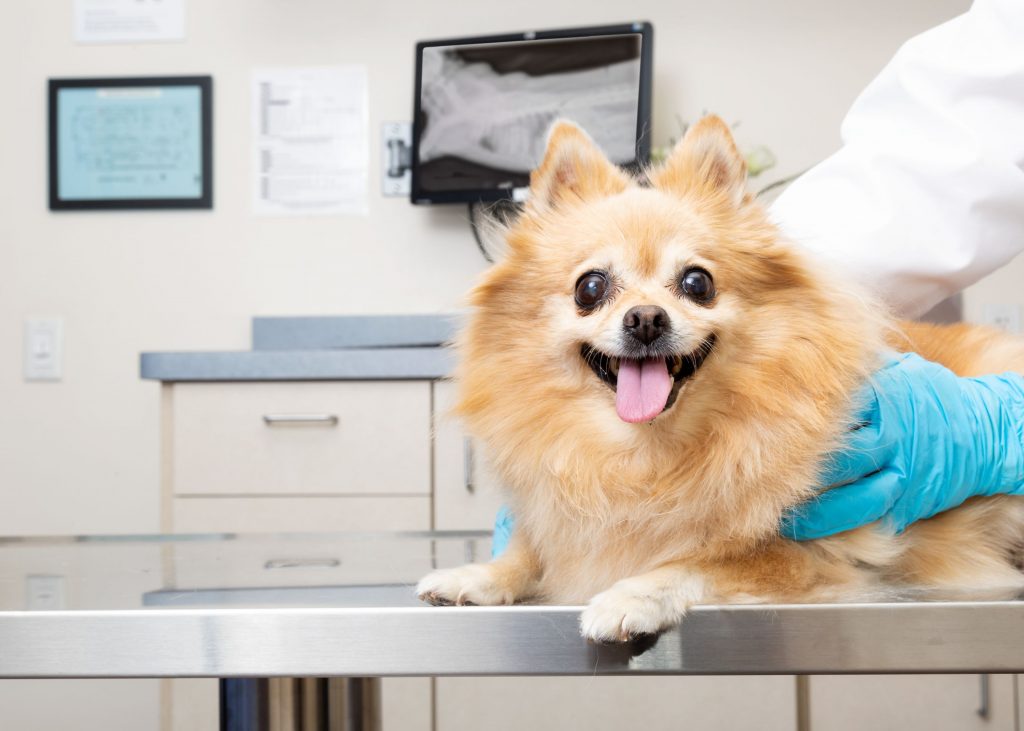Pet Vaccines: How Important are Immunizations for Your Indoor Pet?

When it comes to your totally indoor cat or your couch potato pooch, their level of risk for infectious disease is pretty low. They probably don’t really need to be vaccinated… Do they? BEEVET Animal Hospital begs to differ. There are actually some pretty compelling reasons that pet vaccines are important even in homebodies. Read on to learn how vital they are.
In Short, Important
Even in the bubble of your home, your pets need protection. There are a few very good reasons for this.
- It’s the law–The state of Texas does not make exceptions for indoor pets when it comes to rabies vaccines for pets. Our state laws require that all dogs and cats be appropriately vaccinated against rabies by four months of age without exception. Unvaccinated pets are subject to fines, quarantine, or even euthanasia in specific situations.
- Nothing is for sure–Even pets who should be indoors sometimes end up outdoors. A pet who darts outside when scared, a window accidentally left ajar, or a tragic house fire may result in an indoor pet being set free. Pets sometimes need to be boarded unexpectedly in a family emergency, placing them at risk. Pet owners often tend to underestimate their pet’s risk for infectious disease as well. Most dogs do go outside occasionally while many cats have exposure to other cats through window or door screens.
- Sometimes the outdoors come in–High-risk situations such as a bat or raccoon that enters your home can put your pet at unnecessary risk. Sometimes us humans also unwittingly expose our pets by bringing in a kitten in need or a stray animal that needs help.
- The risk is too high–Most diseases that we vaccinate pets against are quite serious. The benefits of having your pet vaccinated far outweigh the risks. Some pet vaccinations also protect your family as well since diseases like rabies and leptospirosis are zoonotic (transmissible to people).
Pet Vaccines for the Indoor Pet
Not all pets have the same risk, and not all pets need the same things. Some vaccinations for indoor pets, such as the rabies vaccine, are typically recommended for all pets. Others are only needed for those at higher risk.
Our veterinary experts will evaluate each individual pet’s overall health status, risk factors, and environment to determine which immunizations are most appropriate.
Core vaccinations such as rabies and the combination dog vaccines for distemper, adenovirus, parainfluenza, and parvovirus or feline distemper combination vaccinations are often advisable for most pets.
Other vaccinations, such as those against feline leukemia virus or dog infectious diseases like canine influenza, tend to be more risk-based. As part of your pet’s wellness care, we will discuss these recommendations. You are also welcome to contact us at any time with questions.
We want your pets to be as healthy and happy as possible. Vaccinations for indoor pets might not seem that important, but we promise that there are some really good reasons we recommend them.
